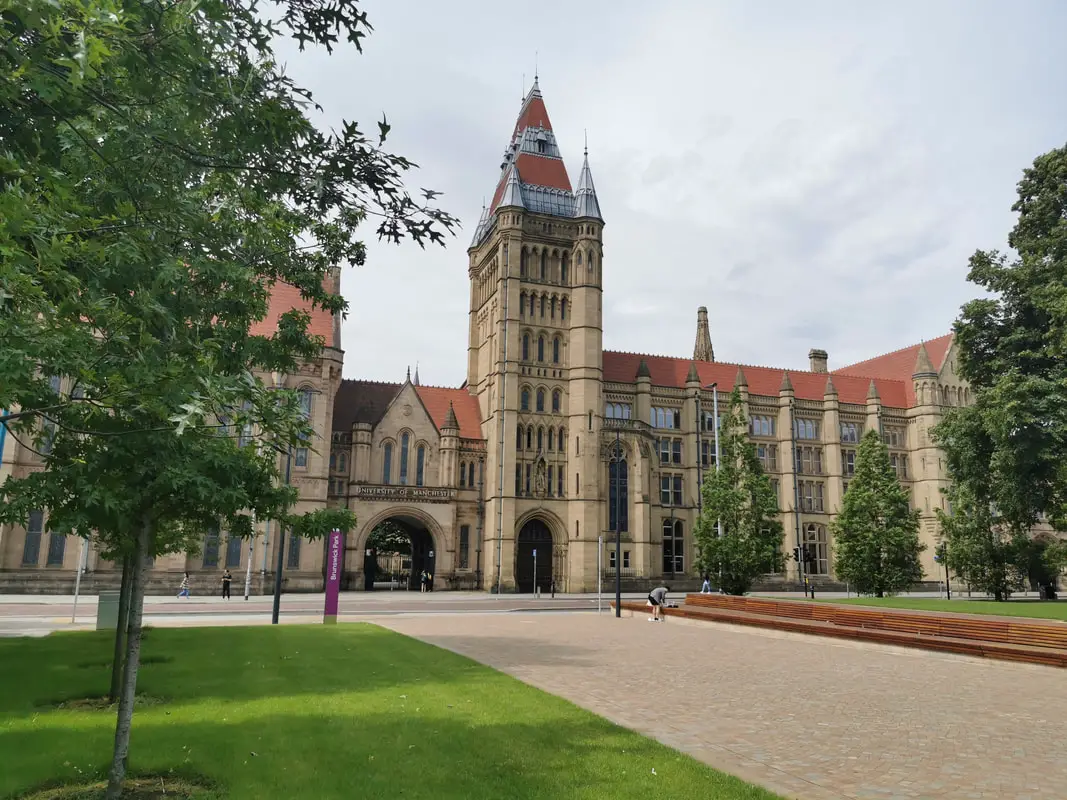Lytic phages infect and kill bacterial cells to release new virions, and temperate phages can either follow the lytic pathway or enter a dormant state by integrating into the bacterial genome as a prophage. The dormant prophage may be at risk if the host is infected by a lytic phage, which would destroy both the host and the resident prophage. However, other resident prophages may also be activated and kill the host. Such complex interactions likely influence phage ecology and evolution, as evidenced by phages carrying mechanisms to avoid superinfection by other phages.
This project aims to understand how temperate and lytic phages interact and coexist within bacterial communities. Combining ecological theory, mathematical modelling, bioreactor experiments, and synthetic engineering, develop a predictive model of phage dynamics. Engineered phages with fluorescent markers and OD measurements will allow tracking of prophage and bacterial populations in real-time, while qPCR, and plating will provide co-resident prophage and free phage numbers.
To be considered for this project, the candidate MUST submit a formal online application form – on the application form, select the EPSRC DTP PhD Programme. Full details on how to apply can be found on https://www.bmh.manchester.ac.uk/study/research/funding-fees/funded-programmes/epsrc-dtp/
For more phage-related global research and job opportunities, click here https://jobs.thephage.xyz/




